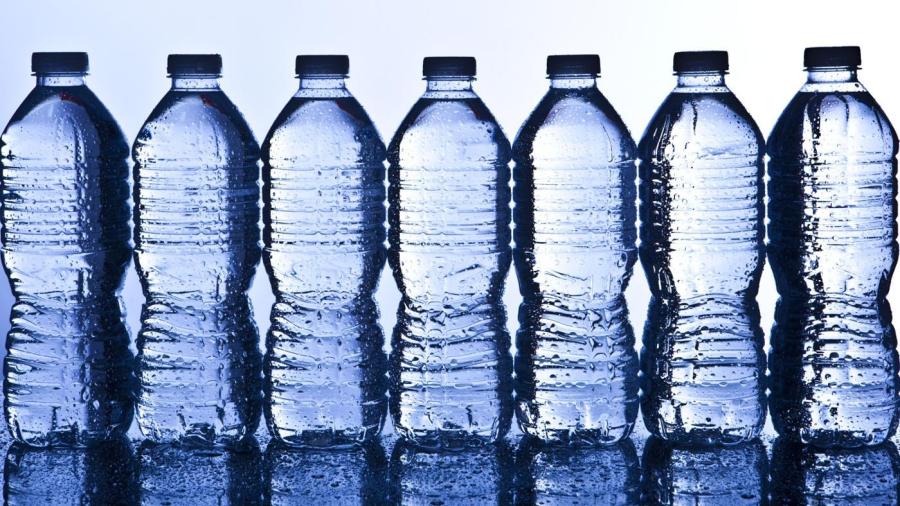What Are the Pros and Cons of Plastic Bottles?

Plastic bottles are disposable, portable and reusable. They are lightweight and recyclable. However, the primary cons of plastic bottles include the fear of chemical uptake and the fact that they are non-biodegradable, posing a potential risk to the environment.
Plastic bottles are flexible and light in weight. For this reason, manufacturers prefer using them for foods and products as they are easy to ship and handle. For the consumer, the lightweight property means that they are highly portable. For this reason, they are in widespread use for beverages and food containers. Additionally, after use, they are easily disposable.
A major con of plastic water bottles is the risk of chemical leakage. This is due to the high re-usability and recyclability of plastics. Many people fear that the previous contents leak into the material, posing a risk to the next user. Dangerous chemicals can also leak into the environment, especially in landfills, potentially polluting the underground water supply.
Despite the high recyclability of plastic bottles, the fact that they are non-biodegradable poses a high environmental risk. Plastic takes about 700 years to decompose. Unfortunately, about 86 percent of plastic bottles in the United States end up being thrown away instead of recycled. A workable solution is to increase awareness on proper disposal and recycling.





